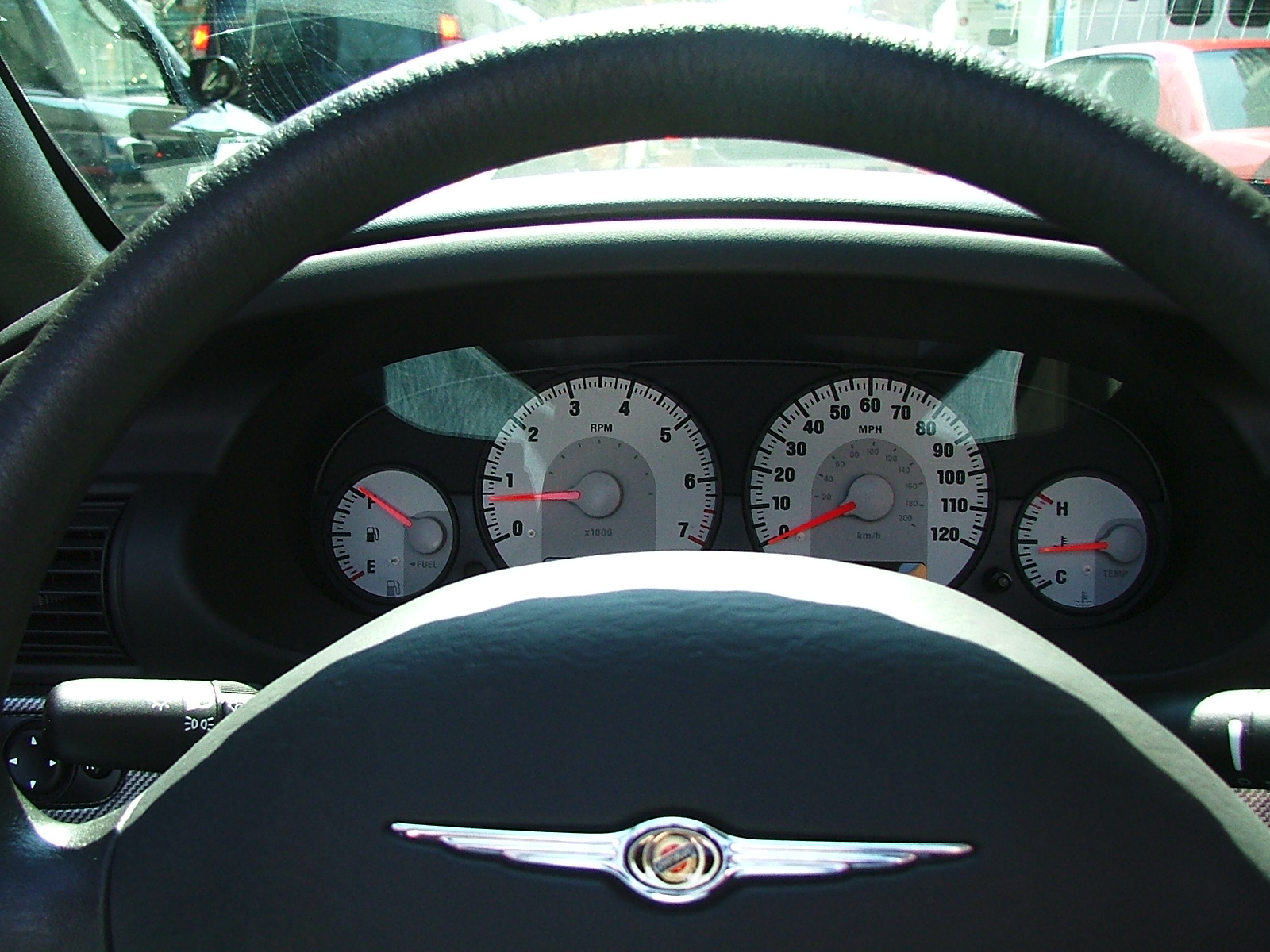
Up until that point you’ve been in the more spacious seats, with room to stretch your legs and a view of the scenery uninterrupted by a speedo and fuel gauge.
When you first slide into the driver’s seat, you’re suddenly surrounded by all sorts of buttons, dials, numbers and flashing lights. It’s a pretty snug fit with pedals at your feet, a steering wheel in front and gearstick to the left.
Turn the key and away you go? If only it was that easy. Driving a car is not something you can learn from a Youtube clip either – you need someone who knows what they’re doing to show you and answer your questions.
Finding your teacher
Ok, so you’ve passed the test and got a fresh pair of L plates for the car.
Now you’ll need someone to teach you exactly how to operate the pedals, turn the steering wheel, and change gears using the gearstick. Take some time to think about this because learning to drive can be pretty stressful so you’ll want someone you’re comfortable with. It can also be stressful being the teacher, trying to explain things they’ve been doing automatically for years. So keep this in mind when you’re hunting for a teacher.
Can you teach me?
As a learner driver, the person in the passenger seat with you must have a valid, unrestricted Australian driver licence. So if your big brother is on his Ps, he can’t take you out for a drive. Or if uncle Jim has lost his licence or forgotten to have it renewed, he can’t teach you either.
Who CAN teach you:
- Tom from next door – has only ever driven an automatic car (if you want to learn auto)
- Mum – has her full licence and it’s up to date
- Professional driver trainer – from a reputable company with licensed driver instructors
Who CAN’T teach you:
- Big brother – on his green Ps and has his own car
- Uncle Jim – has been driving for 20 years but his licence expired four months ago
- Friend of uncle Jim’s – wants you to pick him up from the pub after a few beverages
- Dad – has a motorcycle licence but not a car licence
- Tom from next door – has only ever driven an automatic car (if you want to learn manual)
Back to school?
There’s always the option of paid driving lessons through a driving school. It can be a good way to practise driving with someone in the car that’s not a family member or friend, for when it comes time to take your Driving Test with a Roads and Maritime Services driving tester.
Here’s another nice perk: for every one hour you take with a paid driving instructor, you can record three hours in your logbook (up to 10 hours). So if you pay for 10 hours of lessons, you notch up 30 hours in your logbook.
Which school?
There are lots of driving schools and licensed driving instructors out there to choose from and it’s important you do a bit of research to choose the right one. You don’t want to find out the instructor isn’t properly qualified and the hours you pay for won’t count in the three-for-one deal.
If the “school” is run out of some random garage and the “instructor” offers a rusted heap that looks like it could have been salvaged from a wrecker’s yard, it’s really a no brainer to keep right on walking past.
All fully qualified and licensed driving instructors will have a NSW Driving Instructor’s Licence (with their photo on it). If they don’t have this licence, they’re not legal instructors. To claim the three-for-one driving hours in your logbook, the driving school and instructor must have a structured lesson planner – without it, you’ll only be able to record the actual hours you spend on the road, even though they’re paid lessons.
It’s a good idea to give the instructors you’re considering a call to ask a few questions.
Some questions worth asking are:
- Are they a fully licensed driving instructor?
- Do they have a structured lesson planner?
- Is the training one-on-one?
- What course guidelines do they have?
- Would they design each lesson together with you and your supervising driver?
- Do they have a system to track your progress?
- Can they give guidance to your supervising driver to help you learn and satisfy logbook requirements?
- Do they have a vehicle for your lessons? Is it automatic or manual?
- Can you choose which vehicle you take lessons in (maybe you want to learn in your parents’ car)?
- Are they flexible in terms of lesson times, drop off and pick up spots, etc?
- Are they a member of an association with a code of practice?
